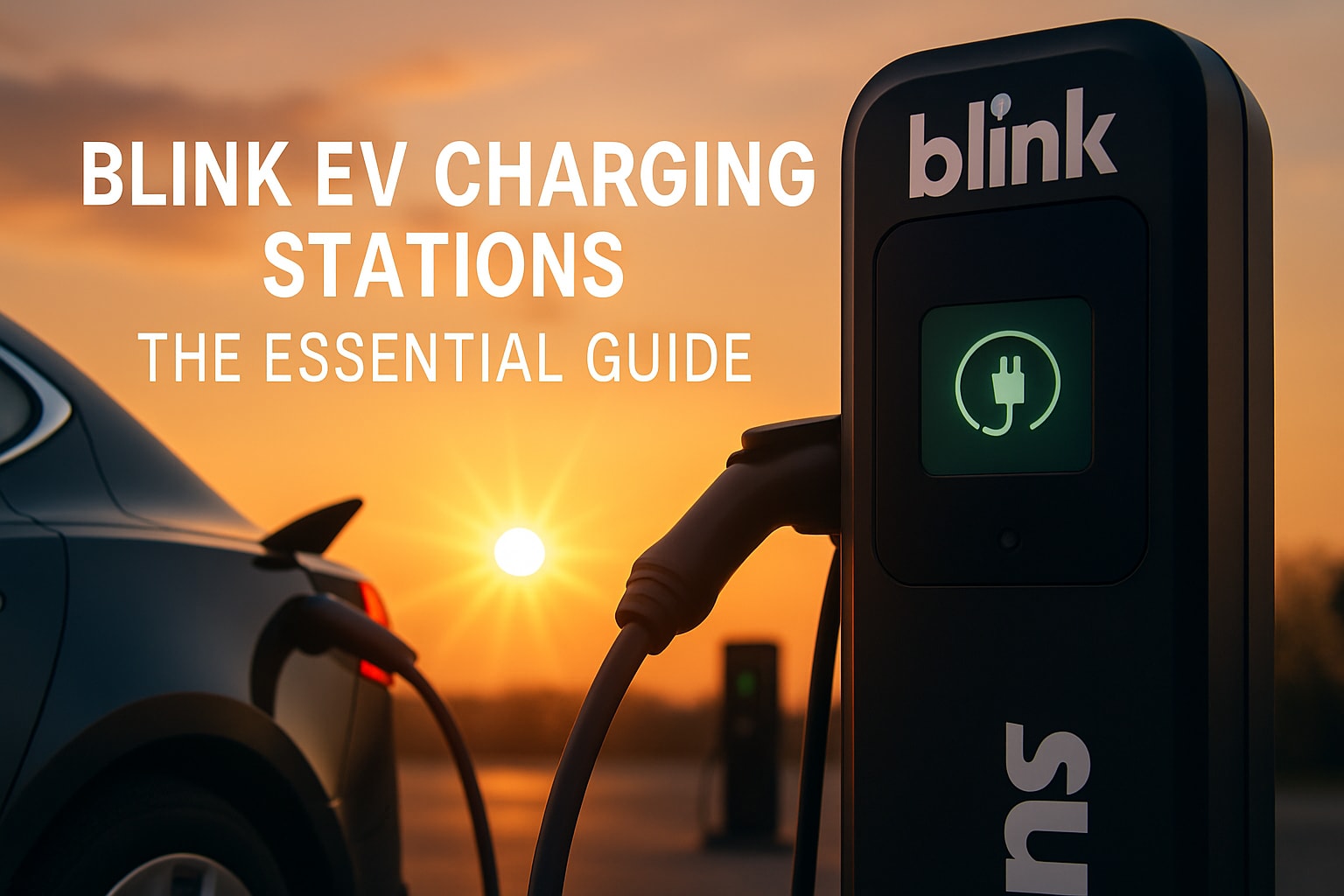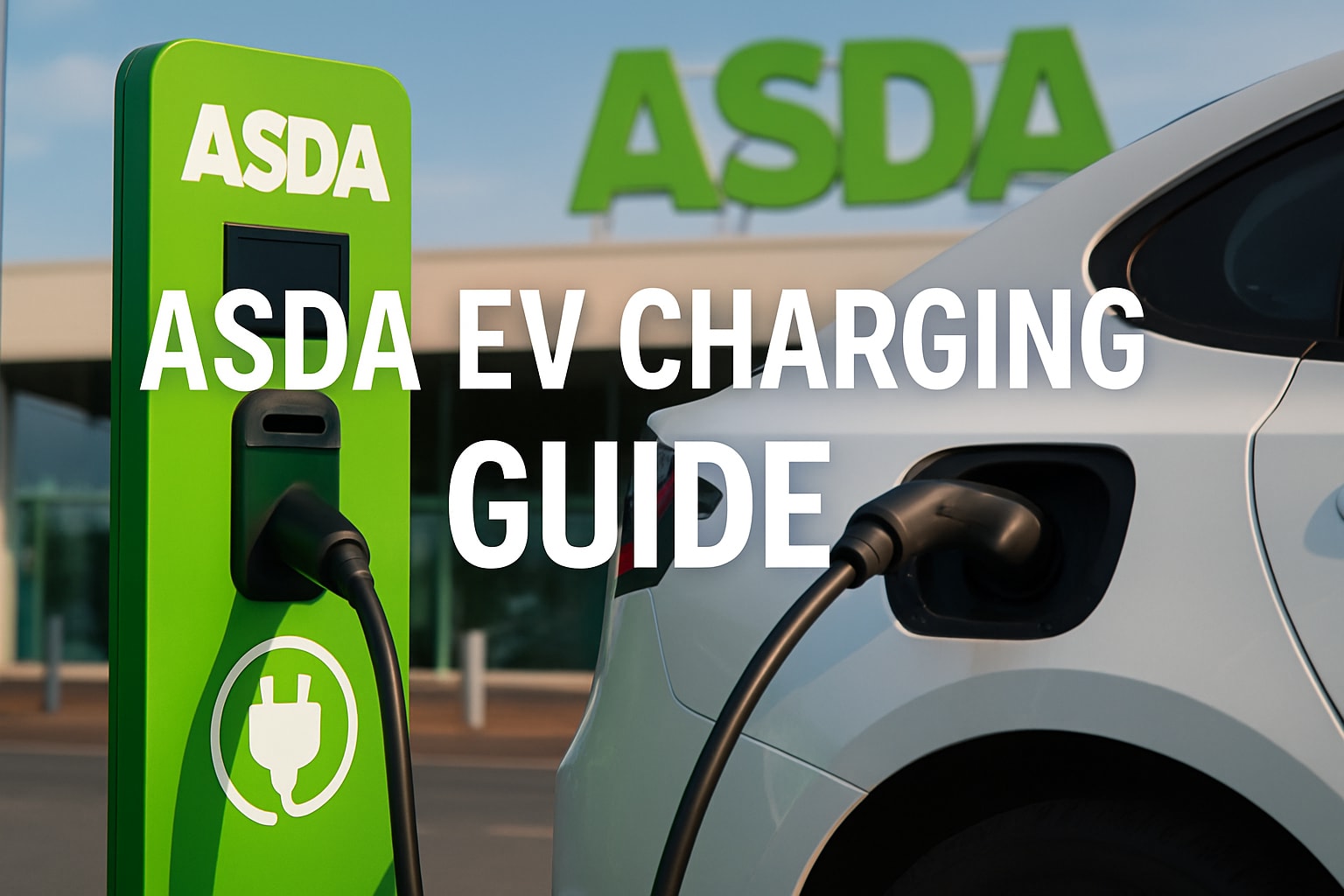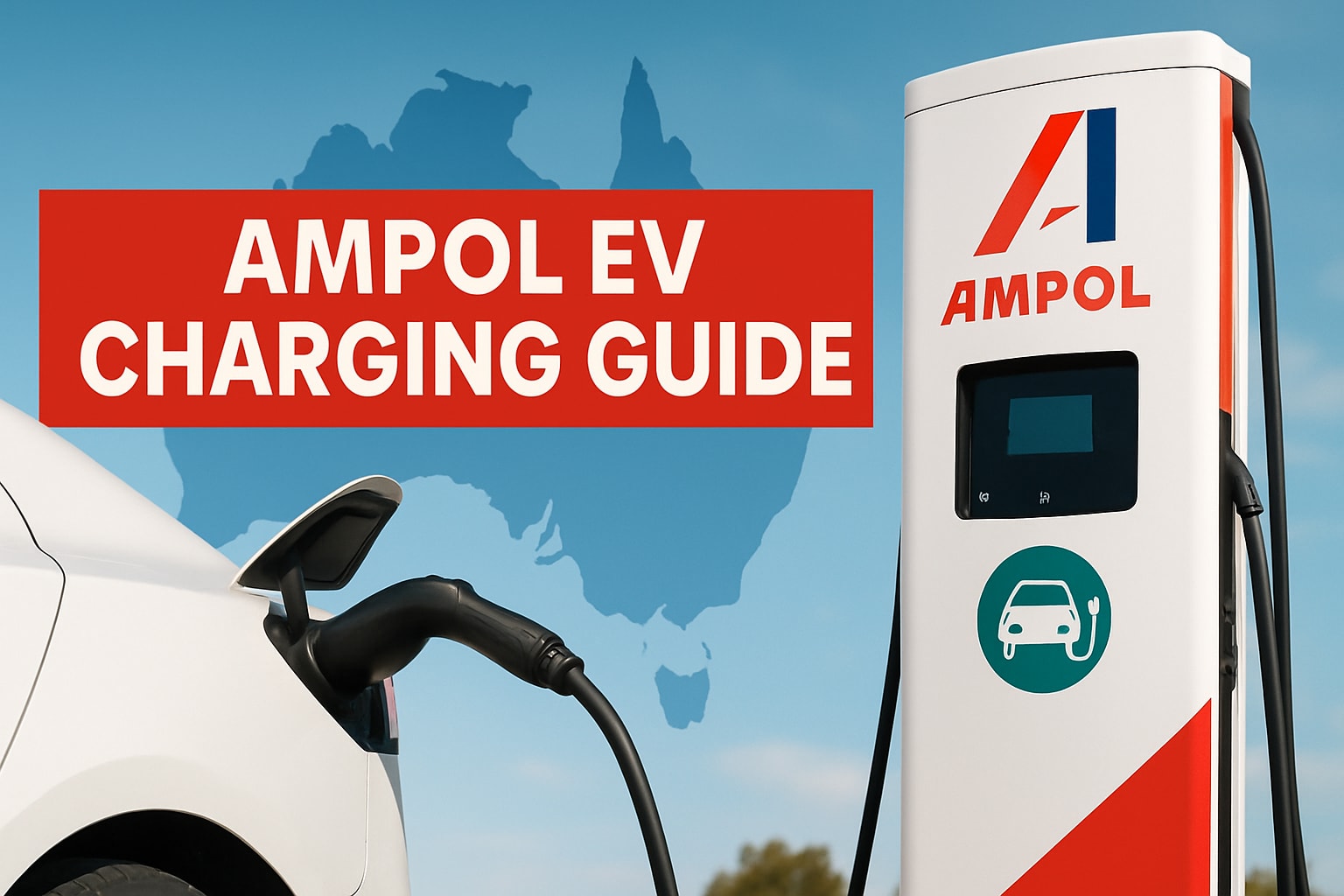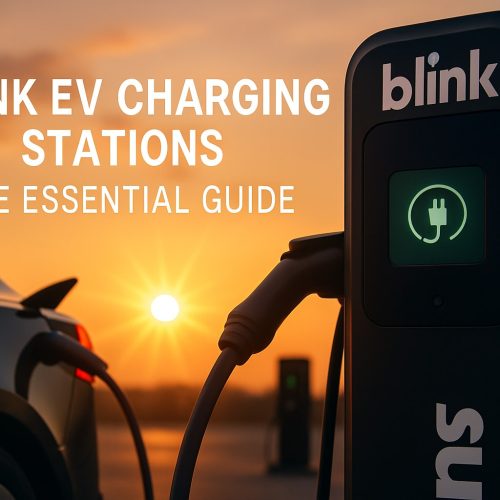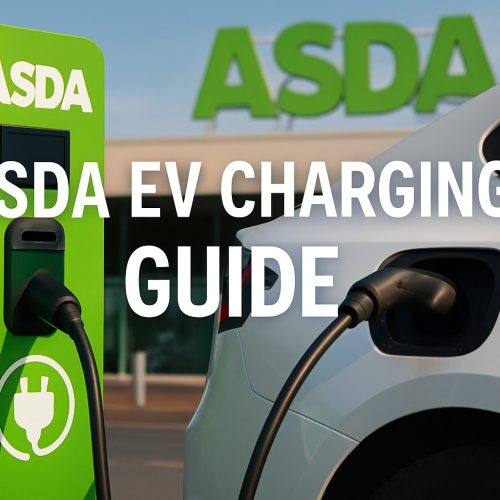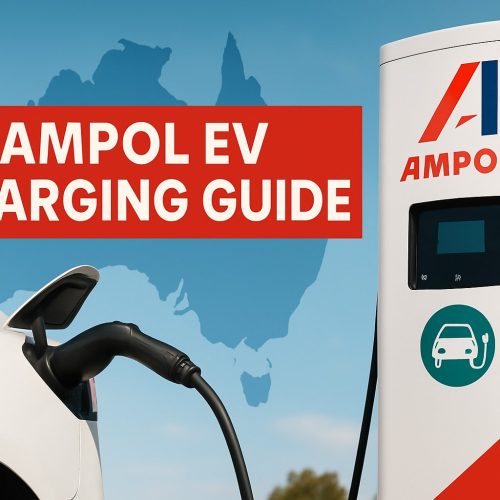Electric vehicle charging offers significant cost savings, making it an attractive choice for environmentally conscious individuals looking to maximize their financial efficiency. By taking advantage of various incentives and programs, owners of electric vehicles can enjoy substantial savings. From federal tax credits and subsidies to reduced charging costs and free or discounted charging rates, there are numerous ways to lower the overall expenses associated with electric vehicle charging.
Key Takeaways
- Financial incentives such as federal tax credits and subsidies can significantly reduce the cost of owning an electric vehicle.
- Advancements in charging infrastructure have led to reduced charging costs for electric vehicle owners.
- Free or discounted charging rates at certain stations further decrease the cost of charging electric vehicles.
- Electric vehicles have lower maintenance expenses compared to traditional gasoline vehicles, resulting in long-term savings.
- Installing home EV charging stations offers unmatched convenience and cost savings.
Understanding the Financial Benefits of Electric Vehicle Charging
Electric vehicle charging provides a range of financial benefits, allowing owners to save money in multiple ways. One of the primary ways to reduce costs is through the various incentives and programs available. For example, in the United States, federal tax credits can significantly lower the overall cost of owning an electric vehicle. Additionally, certain states offer additional subsidies that further reduce the financial burden.
Another key area where savings can be achieved is charging costs. With advancements in charging infrastructure, the cost of charging electric vehicles has significantly reduced. This means owners can enjoy cost-effective electric vehicle charging, helping to stretch their dollars further. Furthermore, some charging stations offer free or discounted rates, providing even more opportunities for savings.
Not only do electric vehicles offer financial advantages in terms of charging costs, but they also have lower maintenance expenses compared to traditional gasoline vehicles. Electric vehicles have fewer moving parts and don’t require oil changes or regular maintenance associated with internal combustion engines. As a result, owners can save money on maintenance and repairs over the lifetime of their vehicle.
Home EV charging stations are another aspect that contributes to the financial benefits of electric vehicle charging. Installing a home charging station offers unmatched convenience, allowing owners to charge their vehicles at their convenience, saving time and money. By eliminating the need to rely solely on public charging stations, owners can avoid potential fees and have more control over their charging costs.
Table: Cost Comparison – Electric Vehicle vs. Gasoline Vehicle
| Expense | Electric Vehicle | Gasoline Vehicle |
|---|---|---|
| Fuel Costs | Lower | Higher |
| Maintenance Expenses | Lower | Higher |
| Charging Costs | Affordable | N/A |
In Sacramento, homeowners and businesses can benefit from SMUD’s EV rebate program, which provides financial incentives for installing electric vehicle charging stations. This program further increases cost savings and promotes sustainable transportation by encouraging more people to switch to electric vehicles.
Overall, the financial benefits of electric vehicle charging are substantial. From federal tax credits and reduced charging costs to lower maintenance expenses and the convenience of home charging, electric vehicle owners can unlock significant cost savings. With programs like SMUD’s EV rebate program in place, the incentives to adopt electric vehicles and charging stations continue to grow, making sustainable transportation more accessible and affordable.
Take Advantage of Federal Tax Credits and Subsidies
In the United States, electric vehicle owners can unlock cost savings through federal tax credits and additional subsidies offered at the state level. These financial incentives are designed to make electric vehicles more affordable and accessible, encouraging individuals and businesses to transition to sustainable transportation options. By taking advantage of these programs, EV owners can not only reduce their upfront costs but also experience long-term savings through reduced charging costs and lower maintenance expenses.
The federal government provides a tax credit of up to $7,500 for the purchase of a new electric vehicle. This credit directly reduces the amount of federal income tax owed, making EV ownership more financially feasible. Additionally, many states offer their own incentives, such as rebates, grants, and exemptions from certain fees or taxes. These state-level subsidies vary in amount and eligibility requirements, so it is important for prospective EV owners to research the specific incentives available in their area.
Furthermore, some utility companies and local governments offer additional financial incentives to promote the adoption of electric vehicles. These programs may include discounted electricity rates for EV charging or installation rebates for home or workplace charging stations. By taking advantage of these incentives, EV owners can further reduce their charging costs and maximize their cost savings.
In conclusion, electric vehicle owners in the United States have the opportunity to unlock significant cost savings through federal tax credits, state subsidies, and additional incentives offered by utility companies and local governments. These programs not only make EV ownership more affordable but also contribute to a more sustainable and environmentally-friendly transportation system. By investing in electric vehicles and utilizing the various incentives available, individuals and businesses can contribute to a greener future while enjoying long-term financial benefits.
Reducing Charging Costs with Advanced Infrastructure
The continuous improvement of charging infrastructure has paved the way for cost savings in electric vehicle charging, making it an affordable option for many. With advancements in technology, charging stations have become more efficient and accessible, resulting in reduced charging costs for electric vehicle owners.
One notable advancement is the development of fast charging stations, which allow electric vehicles to charge at a much faster rate compared to traditional charging methods. This not only saves time but also reduces the overall cost of charging. Additionally, the availability of charging stations in public areas, such as parking lots and shopping centers, makes it convenient for electric vehicle owners to access affordable charging options while going about their daily activities.
In recent years, the implementation of smart charging systems has further contributed to cost savings. These systems optimize charging schedules based on electricity rates, ensuring that electric vehicle owners take advantage of off-peak hours when electricity prices are lower. This intelligent charging approach can significantly reduce charging costs over time.
| Advancements in Charging Infrastructure | Cost Savings |
|---|---|
| Fast charging stations | Reduced charging time and lower costs |
| Charging stations in public areas | Convenient and affordable charging options |
| Smart charging systems | Optimized charging schedules for cost savings |
Reducing Charging Costs with Advanced Infrastructure
Another aspect of advanced infrastructure that contributes to cost savings is the integration of renewable energy sources. Many charging stations now utilize solar power, allowing electric vehicles to be charged using clean, sustainable energy. This not only reduces the cost of electricity but also promotes eco-friendly transportation.
Furthermore, the increasing number of charging stations and competition in the market has led to more competitive pricing. As the infrastructure continues to expand, electric vehicle owners have a wider range of options, enabling them to choose charging stations that offer affordable rates. Some stations even provide free charging as a perk for customers, further reducing the cost of electric vehicle charging.
In conclusion, the continuous improvement of charging infrastructure has resulted in significant cost savings for electric vehicle owners. Fast charging stations, charging stations in public areas, smart charging systems, and the integration of renewable energy sources all contribute to reduced charging costs. With the availability of affordable charging options and lower maintenance expenses, owning an electric vehicle has become a financially viable choice while also promoting sustainable transportation.
Free and Discounted Charging Rates
Some charging stations offer free or discounted charging rates, enabling electric vehicle owners to save money while charging their vehicles. These incentives make electric vehicle charging more affordable and accessible, encouraging the adoption of sustainable transportation options. By taking advantage of these cost-saving opportunities, EV owners can further reduce their overall expenses.
In addition to the financial benefits, the availability of free or discounted charging rates also adds convenience for electric vehicle owners. With more charging stations offering these incentives, EV owners have greater flexibility in choosing when and where to charge their vehicles. This eliminates the need to rely solely on home charging stations and allows for charging on the go.
“I was pleasantly surprised to find a charging station that offered free charging rates near my office. This has made a significant difference in my monthly expenses, as I no longer have to pay for charging while I’m at work.”
– Electric vehicle owner
Moreover, the use of free or discounted charging rates helps promote sustainable transportation practices. It encourages more people to switch to electric vehicles, reducing greenhouse gas emissions and dependence on fossil fuels. By making electric vehicle charging more affordable, these incentives contribute to a greener and more sustainable future.
| Benefits of Free and Discounted Charging Rates |
|---|
| Cost savings for electric vehicle owners |
| Increased convenience and flexibility in charging |
| Encouragement of sustainable transportation practices |
Lower Maintenance Expenses with Electric Vehicles
Electric vehicles have lower maintenance expenses, resulting in significant long-term savings for owners. Compared to traditional gasoline vehicles, electric vehicles have fewer moving parts, which means there are fewer components that can wear out or break down. This translates to reduced maintenance and repair costs over the lifetime of the vehicle.
One of the main contributors to the lower maintenance expenses of electric vehicles is the absence of an internal combustion engine. This means there is no need for oil changes, spark plug replacements, or timing belt adjustments, which are regular maintenance tasks for gasoline vehicles. Additionally, electric vehicles do not require regular emissions testing, further reducing the cost of ownership.
Furthermore, the regenerative braking feature in electric vehicles helps to extend the lifespan of brake pads. When the driver releases the accelerator pedal or applies the brakes, the vehicle uses the electric motor to slow down and recharge the battery. This reduces the wear and tear on the brake pads, resulting in longer-lasting brakes and fewer replacements.
In summary, the lower maintenance expenses associated with electric vehicles make them a cost-effective choice for drivers. With fewer maintenance tasks and longer-lasting components, electric vehicle owners can enjoy significant savings over time, contributing to the overall financial benefits of electric vehicle charging.
Convenience of Home EV Charging Stations
Home EV charging stations offer unmatched convenience, allowing electric vehicle owners to charge their vehicles at their convenience and save money on charging costs. With a home charging station, EV owners have the flexibility to charge their vehicles overnight, taking advantage of lower electricity rates. This eliminates the need to visit public charging stations, saving both time and money in the long run.
Installing a home EV charging station also ensures that your electric vehicle is always ready for use. You don’t have to worry about finding an available charging station or waiting in line to charge your vehicle. Simply plug in your EV at home, and it will be fully charged and ready to go when you need it.
Furthermore, home charging stations provide additional cost savings through time-of-use electricity rates. Many utility companies offer special rates for EV owners, allowing them to charge their vehicles at discounted electricity prices during off-peak hours. This can result in significant savings on your monthly electricity bill.
In addition to the cost savings, home EV charging stations also contribute to environmental sustainability. By charging your electric vehicle at home, you are reducing your reliance on fossil fuels and decreasing your carbon footprint. It’s a win-win situation for both your wallet and the planet.
| Benefits of Home EV Charging Stations |
|---|
| Convenience |
| Cost savings |
| Time-of-use electricity rates |
| Environmental sustainability |
SMUD’s EV Rebate Program in Sacramento
Sacramento residents can take advantage of SMUD’s EV rebate program, which offers financial incentives to homeowners and businesses installing electric vehicle charging stations. The program aims to promote the adoption of electric vehicles and support sustainable transportation practices while providing significant cost savings to participants.
Through the program, eligible participants can receive rebates of up to $500 for the purchase and installation of electric vehicle (EV) charging equipment at their homes or businesses. This financial incentive not only reduces the upfront costs of charging station installation but also contributes to long-term savings by encouraging more affordable and convenient charging options.
In addition to the financial incentives, SMUD’s EV rebate program also provides participants with valuable resources and guidance on selecting the right charging equipment and ensuring its proper installation. By partnering with certified contractors and electricians, SMUD ensures that the charging stations meet safety standards while maximizing energy efficiency.
Program Benefits
- Financial savings: By taking advantage of the rebates offered by SMUD, participants can significantly reduce the cost of installing an electric vehicle charging station at their homes or businesses. This translates into long-term savings on charging expenses.
- Convenience: With their own EV charging stations, participants can enjoy the convenience of charging their vehicles at their preferred time and location. This eliminates the need for frequent visits to public charging stations, saving both time and money.
- Sustainable transportation: By promoting the installation of EV charging stations, SMUD’s rebate program contributes to the growth of sustainable transportation in Sacramento. Increased adoption of electric vehicles reduces greenhouse gas emissions and dependence on fossil fuels, leading to a cleaner and healthier environment.
With SMUD’s EV rebate program, Sacramento residents have the opportunity to unlock significant cost savings with electric vehicle charging. By taking advantage of financial incentives and installing their own charging stations, participants can enjoy the benefits of reduced charging costs, convenience, and a more sustainable future.
| Program Benefits | Savings Amount |
|---|---|
| Rebate for EV charging equipment | $500 |
| Reduced charging expenses | Long-term savings |
| Convenience of charging at home or business | Saved time and money |
| Promoting sustainable transportation | Reduced emissions and dependence on fossil fuels |
Increasing Cost Savings and Promoting Sustainable Transportation
Financial incentives for electric vehicle charging stations not only increase cost savings for individuals and businesses but also play a crucial role in promoting sustainable transportation. There are various programs and initiatives in place that aim to make electric vehicle charging more affordable and accessible, resulting in significant long-term savings.
One key financial benefit is the availability of federal tax credits and subsidies in the United States. These incentives can greatly offset the cost of installing electric vehicle charging stations, making it more feasible for both homeowners and businesses to embrace electric transportation. In addition to federal programs, many states offer their own incentives, further reducing the financial burden and making electric vehicle charging more cost-effective.
The advancements in charging infrastructure also contribute to cost savings. With the development of faster and more efficient charging technologies, the overall charging costs for electric vehicle owners have significantly decreased. Furthermore, some charging stations even offer free or discounted charging rates, providing additional financial relief and encouraging the adoption of electric vehicles.
Another significant cost-saving advantage of electric vehicles is their lower maintenance expenses. Traditional gasoline vehicles require regular oil changes, engine checks, and other routine maintenance tasks that can be costly over time. Electric vehicles, on the other hand, have fewer moving parts and generally require less maintenance, leading to long-term savings for owners.
| Financial Benefits of Electric Vehicle Charging |
|---|
| Reduced charging costs through advancements in infrastructure |
| Availability of free or discounted charging rates |
| Federal tax credits and subsidies for installation |
| Lower maintenance expenses compared to gasoline vehicles |
For those who prefer the convenience of charging at home, installing an electric vehicle charging station can offer unmatched cost savings. Home EV charging stations allow owners to charge their vehicles at their convenience, eliminating the need for frequent visits to public charging stations and potentially reducing costs associated with charging during peak hours. Additionally, utility companies like Sacramento Municipal Utility District (SMUD) offer rebate programs that provide financial incentives for homeowners and businesses in the Sacramento area to install electric vehicle charging stations, further increasing cost savings and promoting sustainable transportation.
By taking advantage of these financial incentives and embracing electric vehicle charging, individuals and businesses can not only save money but also contribute to a greener and more sustainable future. As the cost savings continue to accumulate and charging infrastructure expands, electric vehicles are becoming an increasingly attractive and viable option for environmentally conscious consumers.
Conclusion
With various incentives, reduced charging costs, and lower maintenance expenses, electric vehicle charging provides significant cost savings while supporting an eco-friendly lifestyle.
Financial incentives, such as federal tax credits and additional subsidies in certain states, play a crucial role in reducing the overall cost of owning an electric vehicle. These incentives can offset the initial purchase cost and make electric vehicles more affordable for consumers.
Advancements in charging infrastructure have also led to reduced charging costs. With more charging stations available and improved technology, electric vehicle owners have the opportunity to charge their vehicles at lower rates or even for free at certain locations.
Furthermore, electric vehicles have lower maintenance expenses compared to traditional gasoline vehicles. They have fewer moving parts, which means less wear and tear and fewer visits to the mechanic. This translates to long-term savings for owners.
Home EV charging stations provide unmatched convenience for electric vehicle owners. They eliminate the need to visit public charging stations and allow owners to charge their vehicles at their convenience, saving time and money in the process.
SMUD’s EV rebate program in Sacramento is a prime example of how financial incentives can further increase cost savings. This program provides homeowners and businesses with financial incentives to install electric vehicle charging stations, making it even more accessible for residents to own and charge their electric vehicles.
By taking advantage of these cost-saving opportunities, individuals can not only save money but also contribute to a more sustainable transportation system. Electric vehicle charging offers a win-win situation for consumers, as it provides financial benefits while reducing carbon emissions and promoting a cleaner environment.
FAQ
Are there any financial benefits associated with electric vehicle charging?
Yes, there are several ways that electric vehicle charging can lead to cost savings. These include financial incentives, reduced charging costs, and lower maintenance expenses.
What are some financial incentives available for electric vehicle charging?
In the United States, there are federal tax credits and additional subsidies in certain states that can significantly reduce the overall cost of owning an electric vehicle.
How can charging costs be reduced for electric vehicle owners?
Advancements in charging infrastructure have led to reduced charging costs, and there are also charging stations that offer free or discounted charging rates.
How do electric vehicles have lower maintenance expenses compared to traditional gasoline vehicles?
Electric vehicles have fewer moving parts and don’t require oil changes, resulting in lower maintenance expenses over time.
What are the benefits of installing a home EV charging station?
Home EV charging stations offer unmatched convenience, allowing EV owners to charge their vehicles at their convenience and saving time and money.
What is SMUD’s EV rebate program in Sacramento?
SMUD’s EV rebate program provides financial incentives for homeowners and businesses in Sacramento to install electric vehicle charging stations, further increasing cost savings and promoting sustainable transportation.
